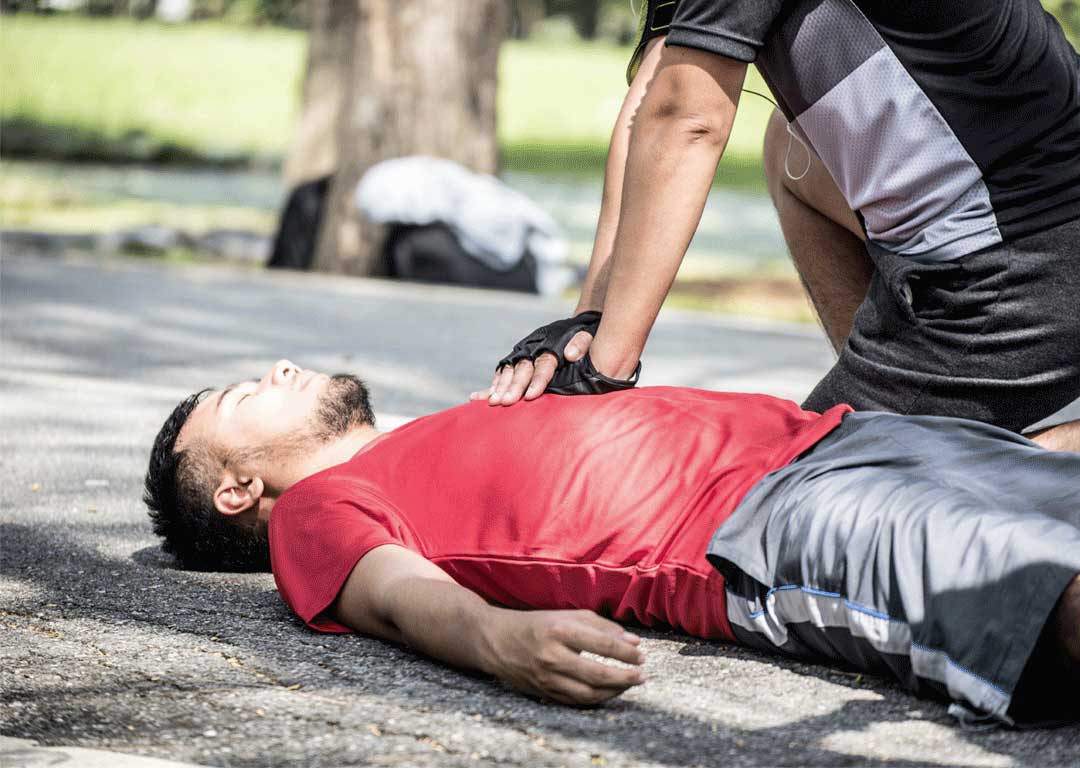Information
Train with us, learn to save lives!
Train with the best, learn from the experts
CPR is not performed enough
Recent studies suggest that less than half of those who suffer from cardiac arrest or other emergencies receive any type of assistance from a bystander. When these types of situations occur a common response is that no bystander has life saving skills training or hesitation in administering these critical skills. Taking our structured training course can help alleviate fears that may cause such hesitation and help build confidence to act should an emergency occur in your presence. Bystander CPR can increase chances of survival significantly.
CPR is empowering

Not all emergency situations requiring CPR occur in a public setting. Almost 85 percent of all cardiac arrests take place in the home.
Families can benefit from CPR and First Aid skills training to prepare for such situations. Knowing proper life saving skills can give you the confidence to respond effectively and efficiently until medical help arrives.
The same does apply in those public settings or workplace emergencies. Get the skills training you need today.
Resuscitation skills are valuable
Significant number of individuals who suffer from cardiac arrest or other emergencies do not receive any type of assistance from a bystander. When these types of situations occur a common response is that no bystander has life saving skills training or experience hesitation in administering these critical skills. Taking our structured training course can help alleviate fears that may cause such hesitation and help build confidence to act should an emergency occur in your presence.
Our training is a work skill
First Aid and life saving skills training are required for some occupations. While there are job descriptions that do not require this training, the skills are certainly useful and valued in many workplaces. Being trained and certified in may set you apart.
Important Facts
The concentration of oxygen delivered to a victim through rescue breathing is 16 percent. A condition known as hypoxia (insufficient oxygen to the body) can occur if a person goes without adequate oxygen for an extended period.
An auto injector called an EpiPen distributes the drug epinephrine, which can save a person's life if they are having a severe allergic response.
When the heart is not working properly, it can go into cardiac arrest and cease beating. A device called an AED (automated external defibrillator) delivers an electric shock to the heart via the chest. After a sudden cardiac arrest, an AED shock is used to attempt to restore regular heart rhythm. If a cardiac arrest victim is not treated in a timely manner, they risk dying
